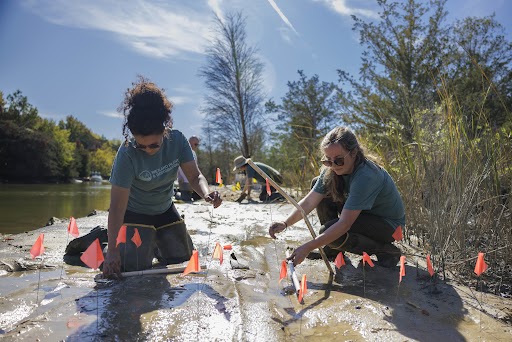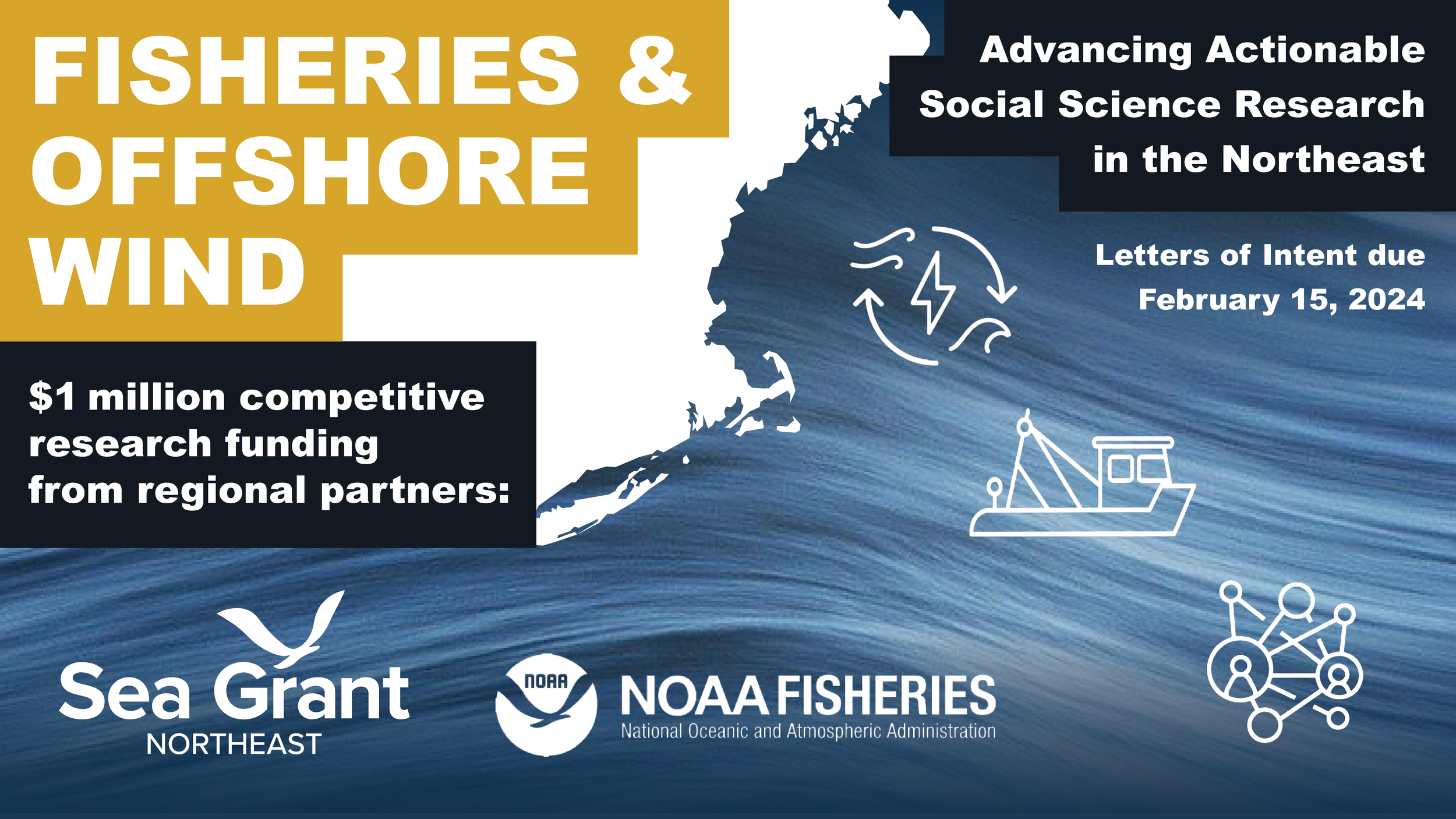Report offers perspectives on challenges and opportunities for leaders helping their Northern New England communities deal with extreme weather events.
By Rebecca Zeiber, New Hampshire Sea Grant
Leaders who are helping their coastal communities adapt to sea level rise, increases in heavy precipitation and flooding need additional technical, human and financial assistance to do so, according to a new report, Sustaining Champions of Climate Adaptation in Coastal Communities: A Northern New England Study.
UNH senior Alexandra Philip, author of the report, interviewed 13 individuals from coastal communities in Mass., N.H. and Maine who are considered to be climate adaptation “champions” — those who are leading the charge to help their communities adapt to climate change — to learn more about their challenges and needs to continue doing their work.
Philip conducted these interviews as part of her 2014 Doyle Fellowship with N.H. Sea Grant. Doyle Fellows spend a summer working with N.H. Sea Grant staff to help individuals and organizations make informed decisions regarding marine resources.
Eight of the communities represented in the report are located in N.H., including Hampton, Seabrook, Rye, Portsmouth, Dover, Durham, Exeter and Newfields.
“We wanted to learn more about how N.H.’s Coastal Adaptation Workgroup (NHCAW) and similar networks of professionals can better support the local folks who are on the forefront of actually implementing climate adaptation at the community level,” said Julia Peterson, N.H. Sea Grant/UNH Cooperative Extension water resources specialist. Peterson was one of Phillips four advisors during the fellowship, along with Chris Keeley, N.H. Sea Grant/UNH Cooperative Extension communities and climate program coordinator, Cory Riley, manager for the Great Bay National Estuarine Research Reserve, and Kirsten Howard, coastal resilience specialist for the N.H. Department of Environmental Services.
Although she had no previous experience interviewing people, Philip said she enjoyed talking to the climate adaptation champions because of their excitement about the efforts they were helping to spearhead. Despite their passion for the topic, the interviewees indicated that they need technical support as well as financial resources to continue with their adaptation efforts. Many of the champions noted that they felt alone in their efforts within the community and wanted education on the topic for a broader public audience.
“I had this preconception that each community would have a small group of people moving forward with climate adaptation,” Philip said. “But as I conducted the interviews, it really seemed like many of these champions didn’t have a lot of community allies to help them out. The people moving forward with adaptation efforts were usually working by themselves with the help of professionals at Sea Grant, Cooperative Extension and NHCAW.”
The 36-page interview summary report has been distributed to other professional climate adaptation networks in New England, including Maine, Conn. and the Upper Valley of N.H. and Vt., that are providing assistance to communities.
“This report provided important information for those of us who work as professionals supporting communities to adapt to severe weather and climate change because our work with communities can only go so far,” Peterson explained. “The community leaders themselves are the ones who have both the ability and the responsibility to help their communities be more prepared for climate effects. We can’t implement changes for them, but we can support them with education, technical assistance and facilitation.”
Peterson said she hopes the report encourages expanded support for coordinated, locally grounded climate adaptation assistance, thus allowing these champions to continue their efforts to protect their communities and to “normalize” climate preparedness in community decision-making.
Philip has recently accepted a job as program administrator for the New England Grassroots Environment Fund (NEGEF) in Newmarket, N.H. Philip is currently working there part-time until she graduates from UNH. She will then assume full-time duties working with people and organizations who are applying for grants from the NEGEF that focus on fostering environmentally sustainable communities, as well as coordinating training series and providing outreach support for those groups. Philip credits this career opportunity to her work on the report, the connections she made during her fellowship and her passion for the topic.
“This report really highlights to me – and I hope it highlights to others — the importance of local community preparedness,” Philip added.


